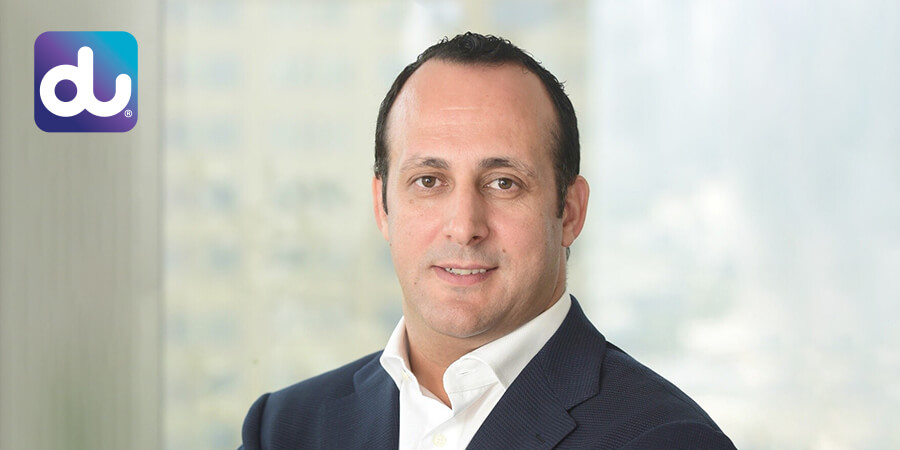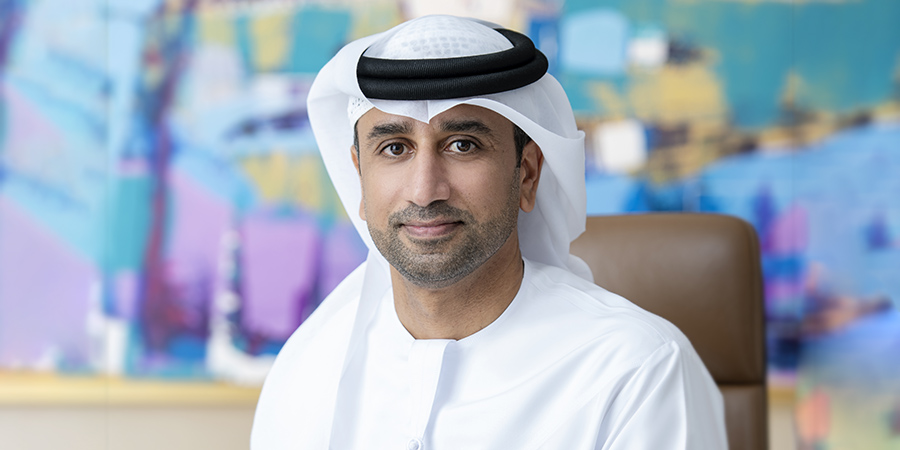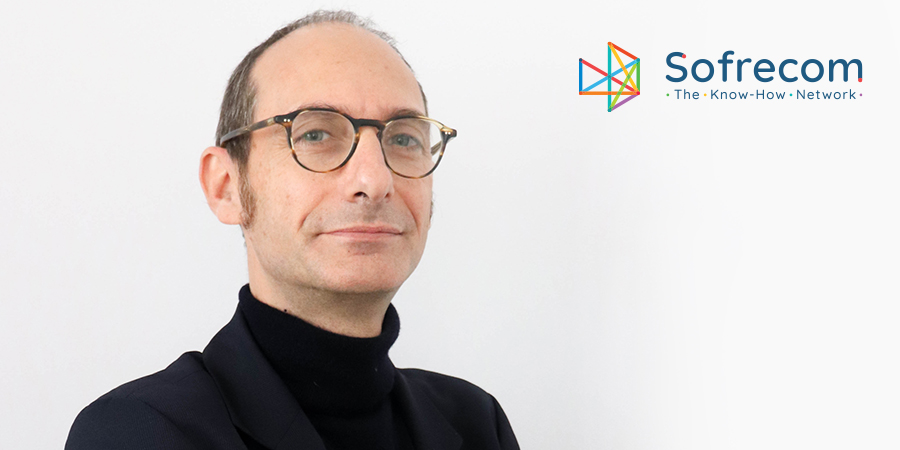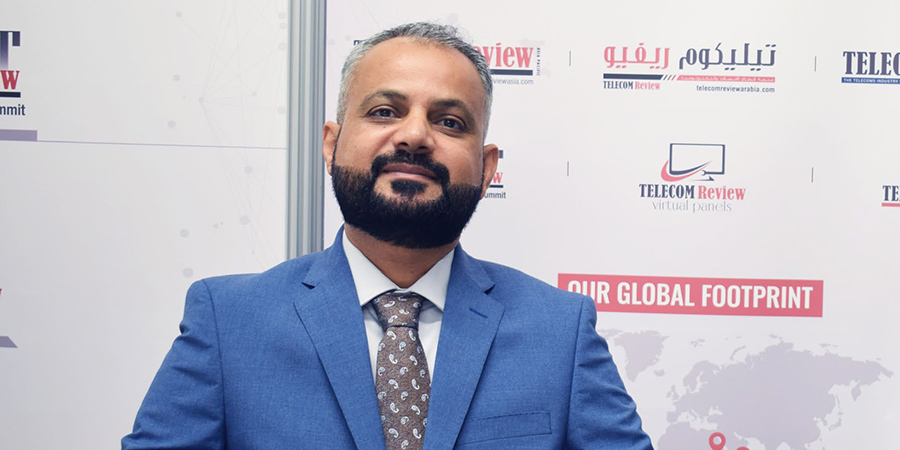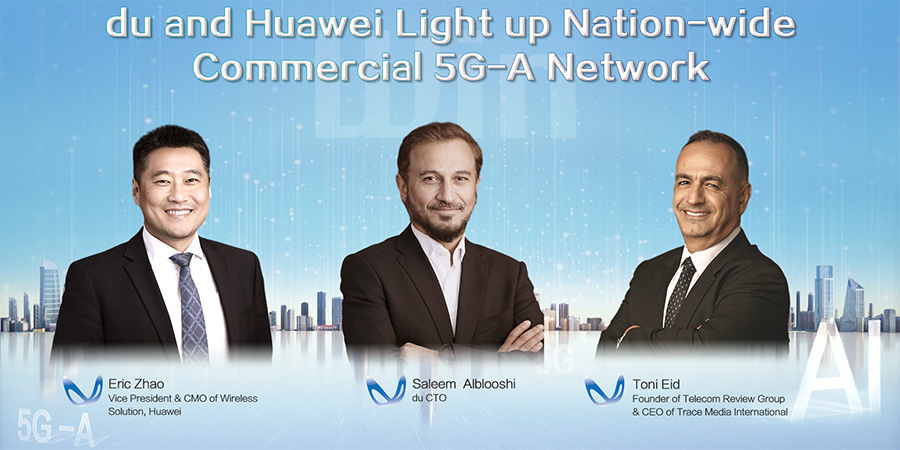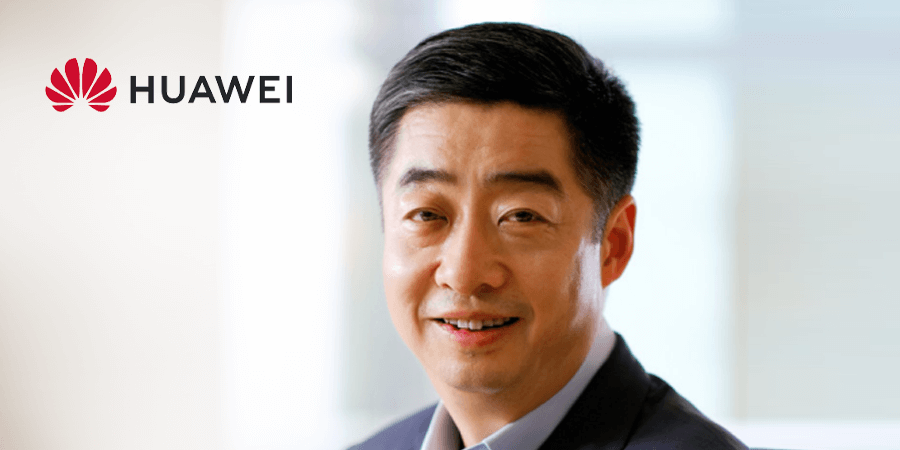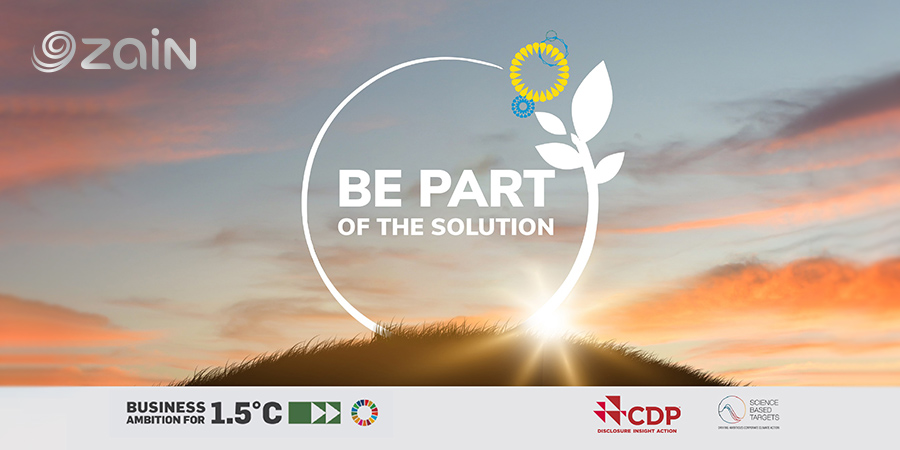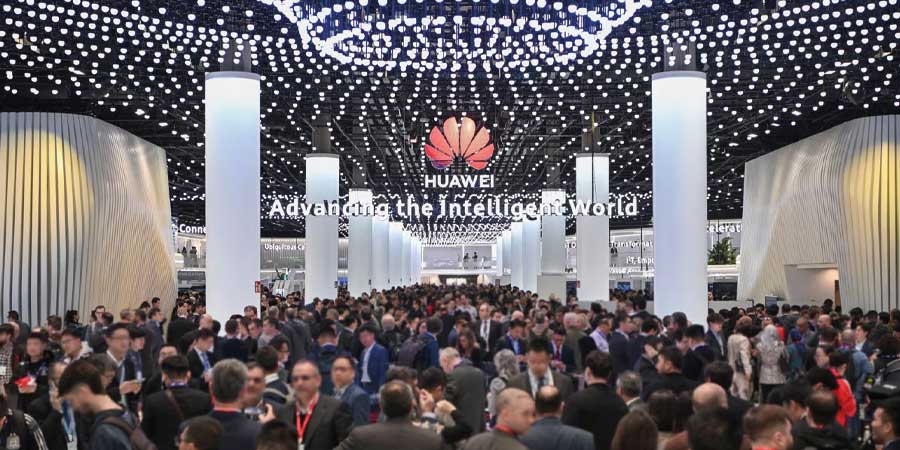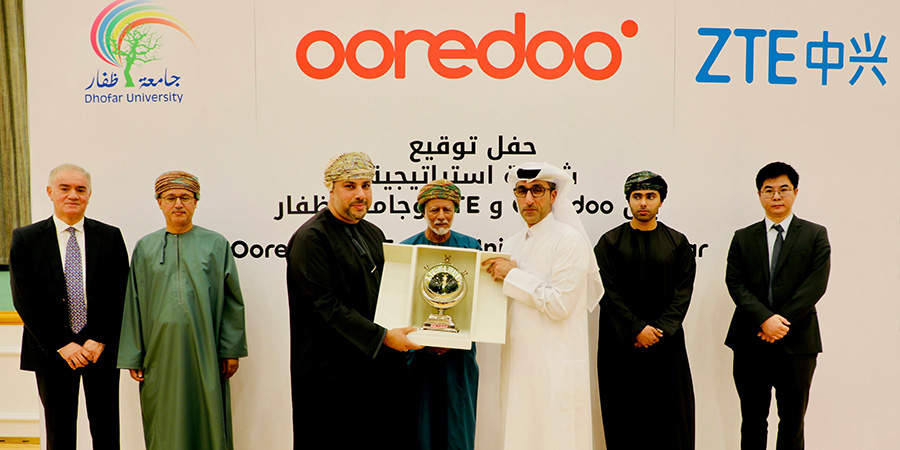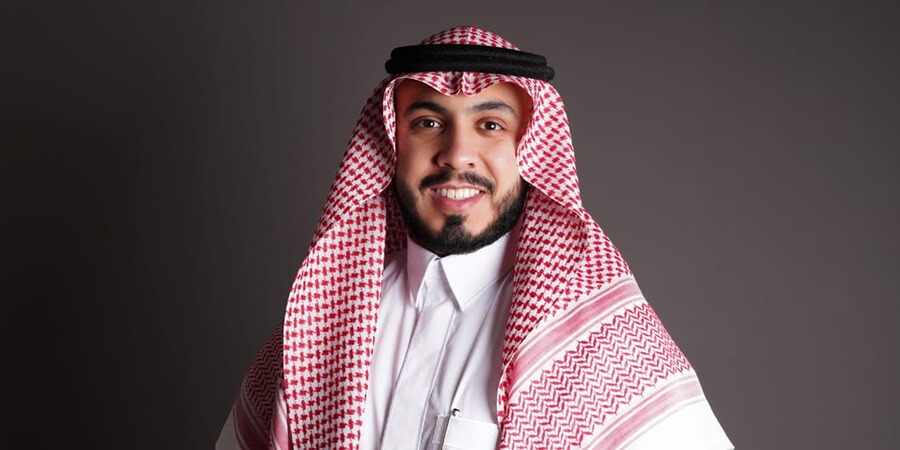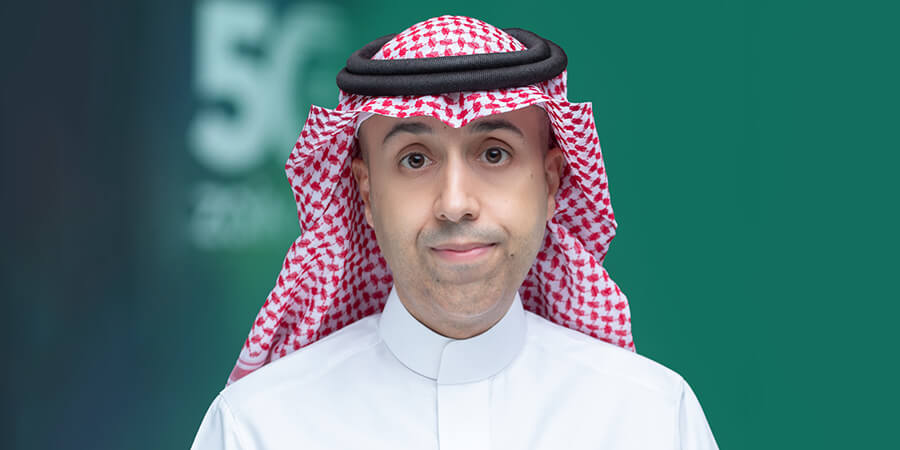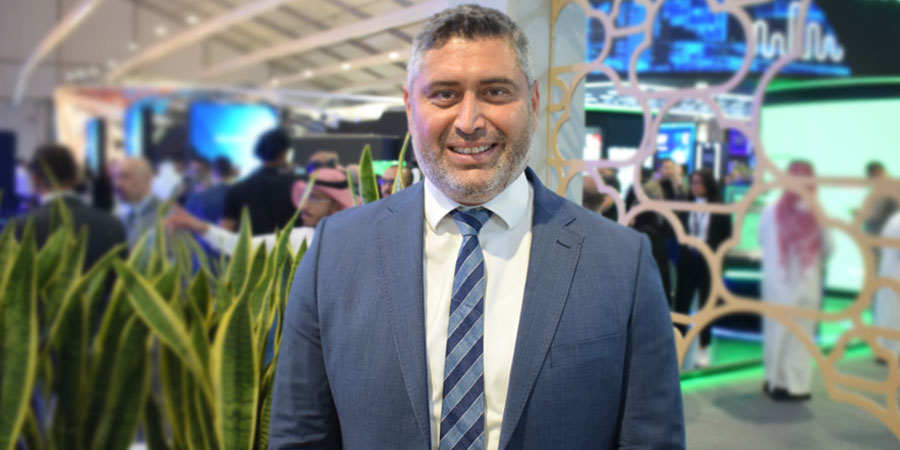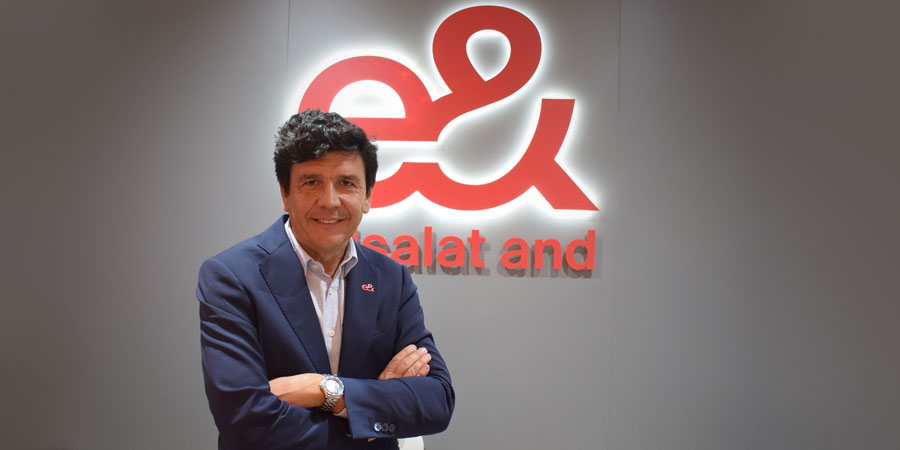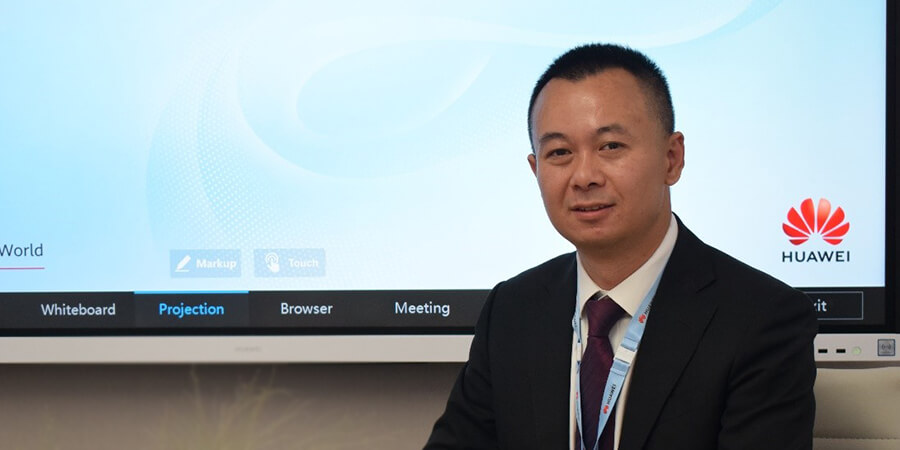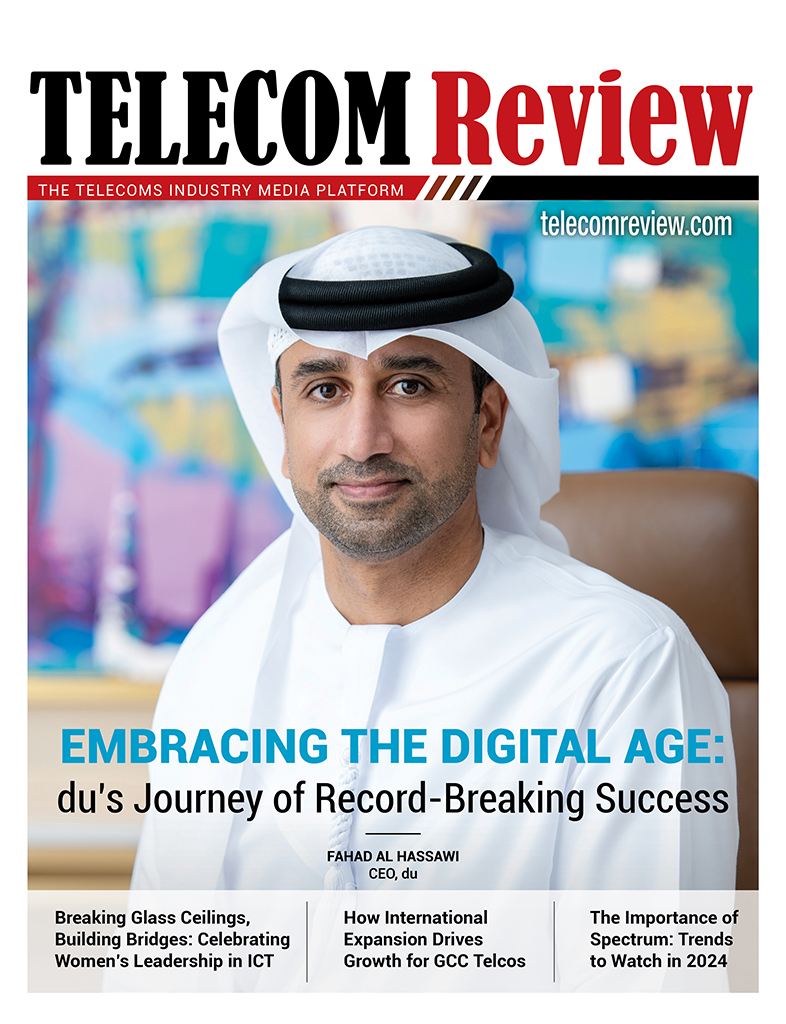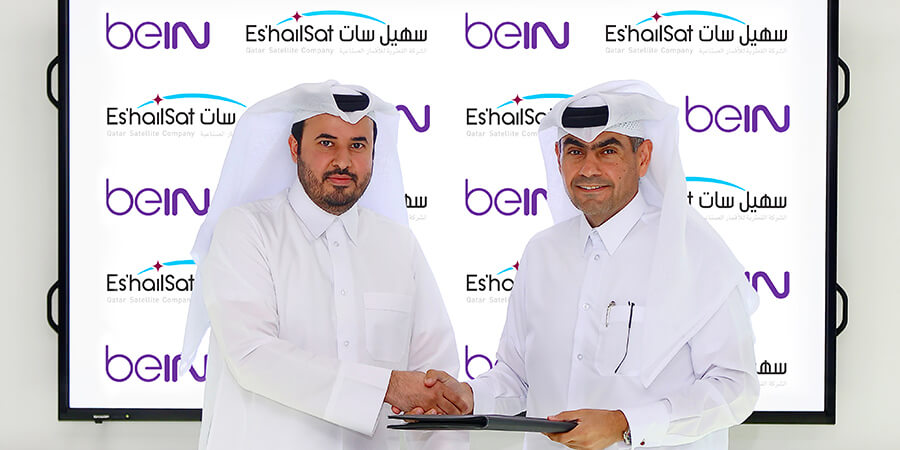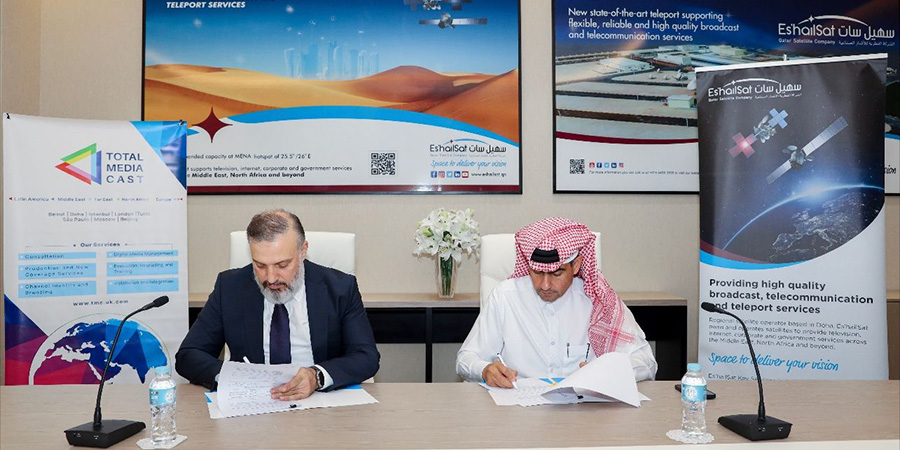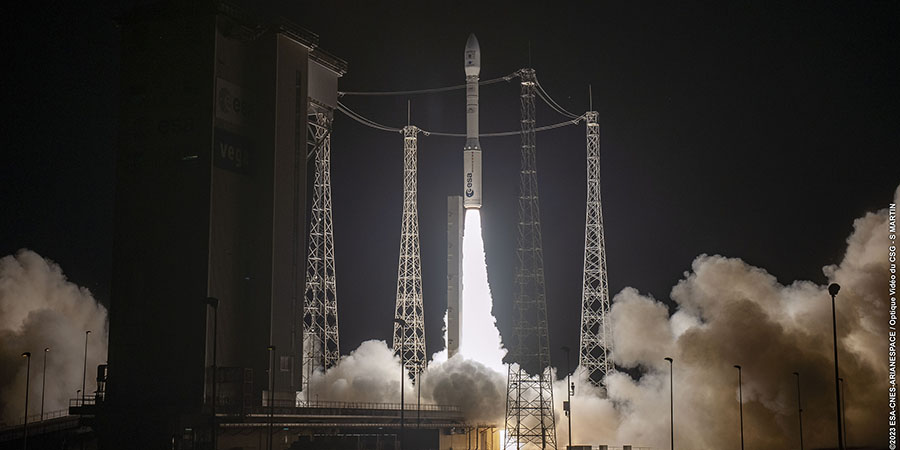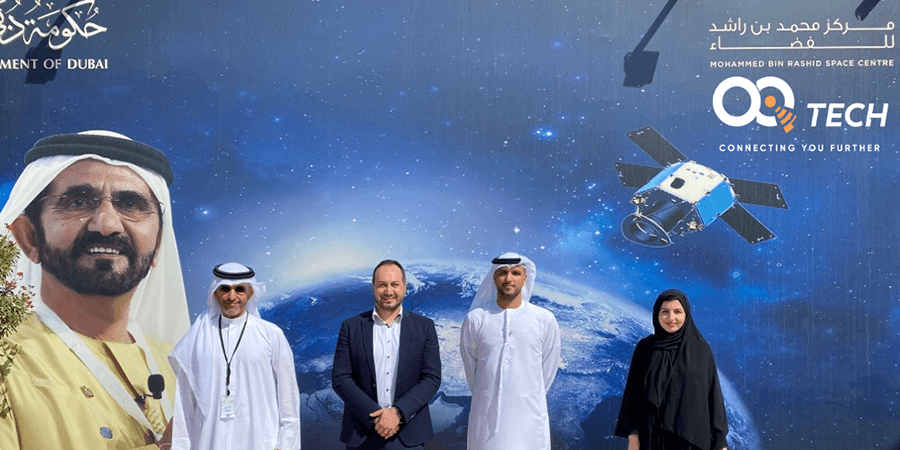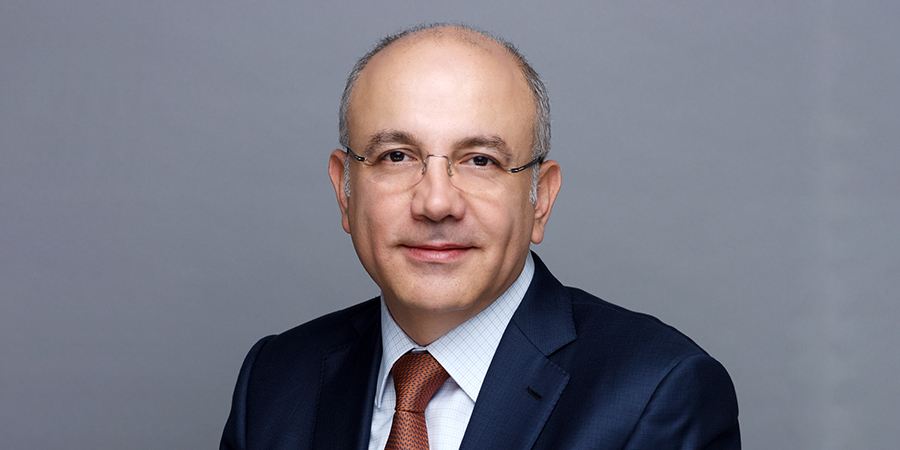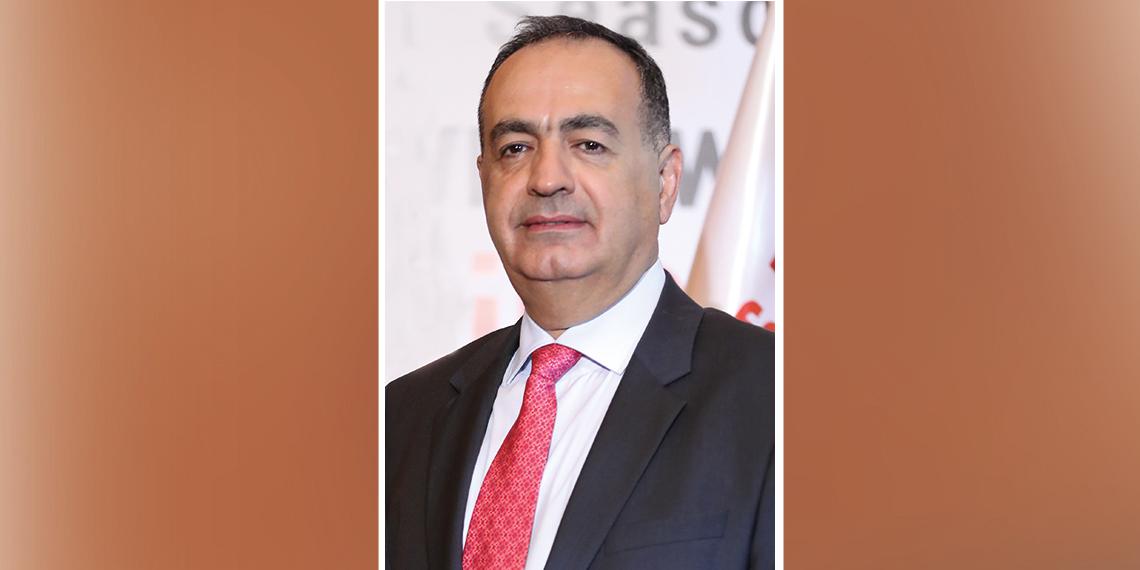5G is the hype of our industry, and recently, countries have been announcing what's new in this sphere - this is even before ITU's allocation of spectrum, which will be very important for device manufacturers and for roaming users.
"Forward-thinking spectrum policy, modern infrastructure policy and market-based network regulation form the heart of our strategy for realizing the promise of the 5G future." - FCC Chairman Pai of USA.
The Communications Authority of Hong Kong announced it would open up spectrum in the 26GHz and 28GHz bands in 2019, and in the 3.4GHz to 3.7GHz bands in 2020. In addition, it also disclosed plans to conduct a public consultation in the second half of 2017 for vacating spectrum that is currently occupied by satellite services.
The Canadian Government stated that, here is a need to consider additional spectrum releases in order to respond to the expected future data and capacity demands of the evolving Canadian telecommunication infrastructure.
Telecom regulator TRA of the UAE supports allocating and identifying certain harmonized frequency bands to IMT 2020, and promotes globally harmonized ecosystems that will best serve the UAE public interest and will decrease deployment costs.
The UAE's TRA will support the suitability of some of these bands, and supports initiating 5G technology early deployments in the following bands before the year 2020: 1427-1518 MHz, 3300-3800 MHz,24.25 - 27.5 GHz
Why haven't the GSMA and ITU issued the standard 5G spectrums yet?



